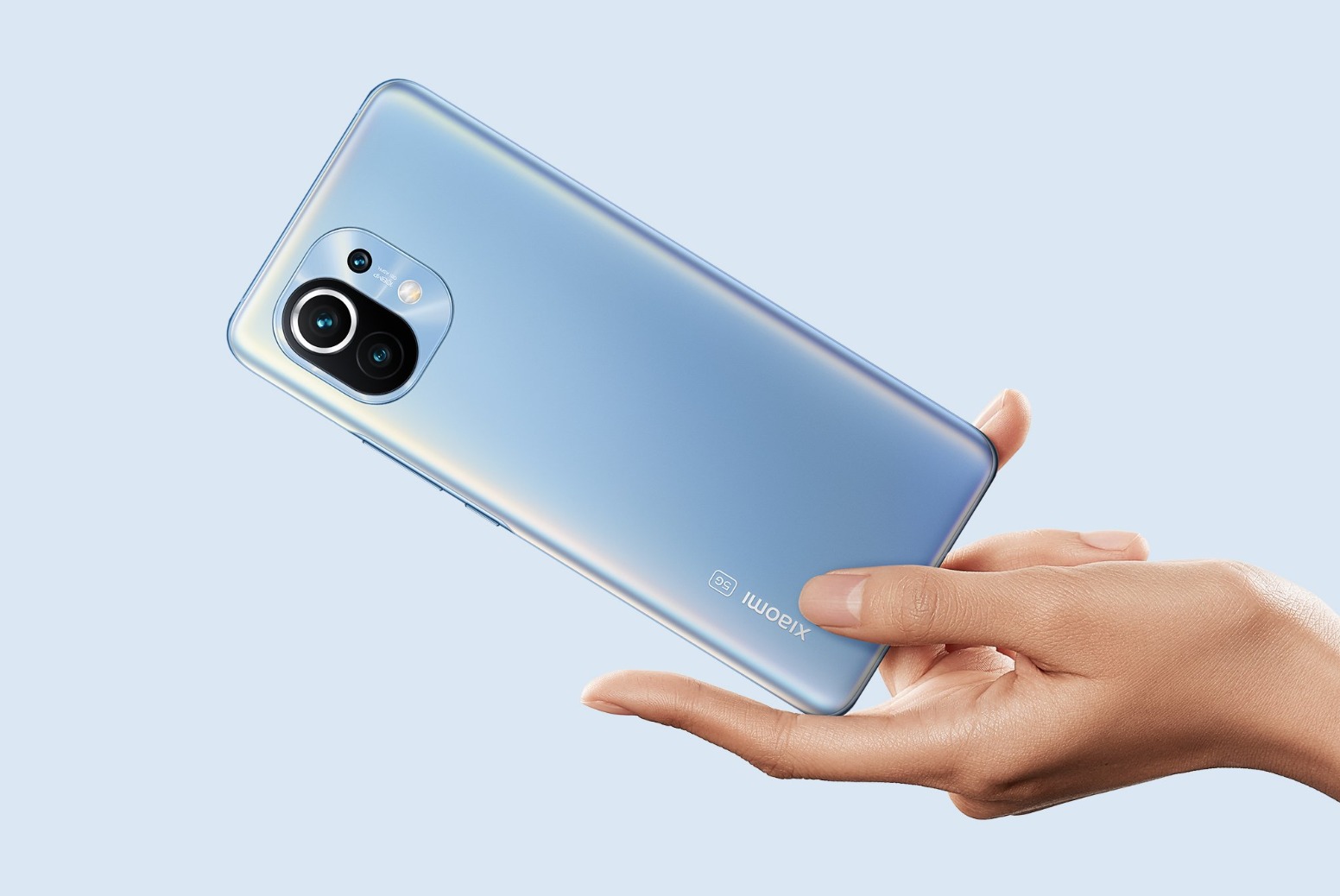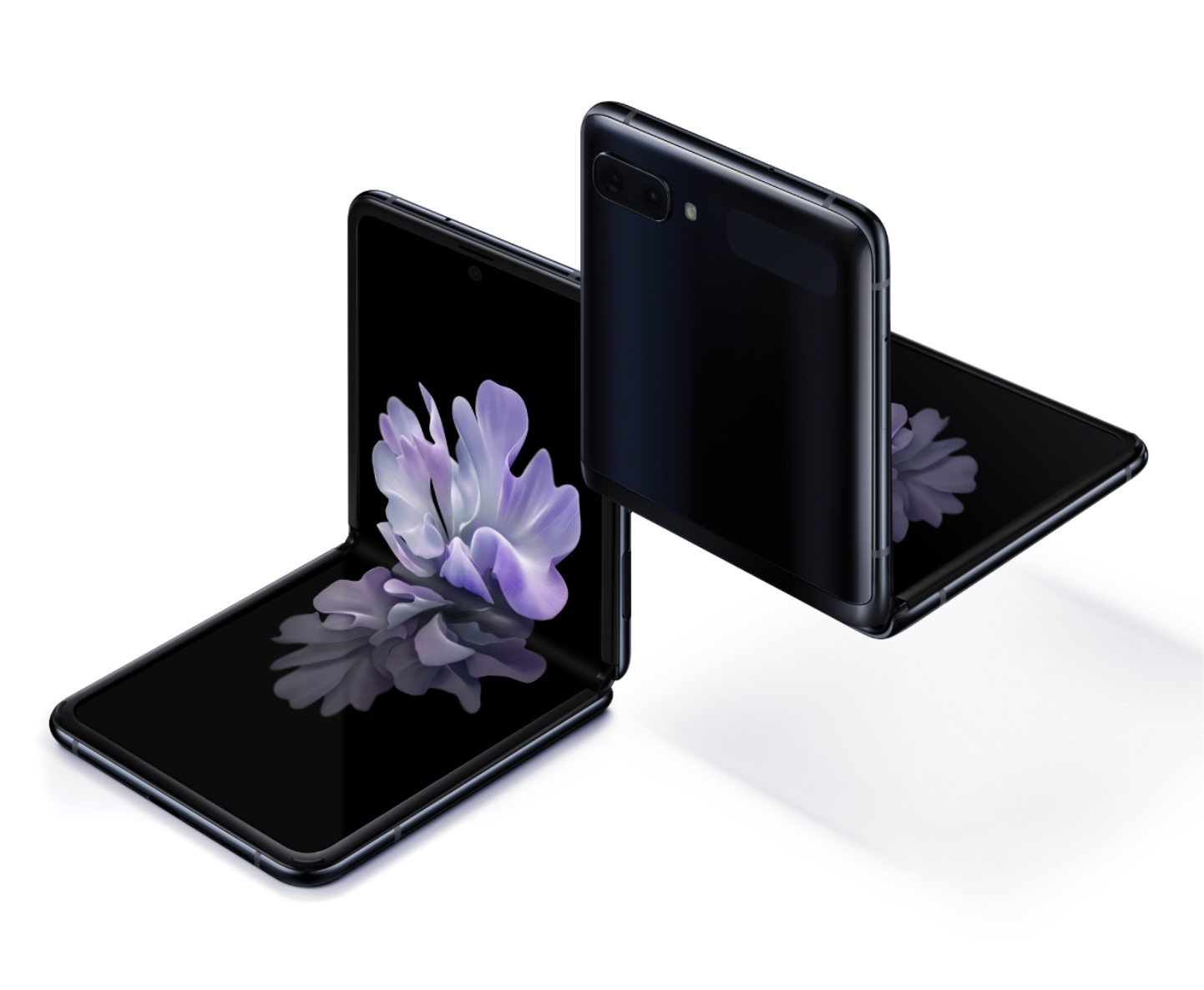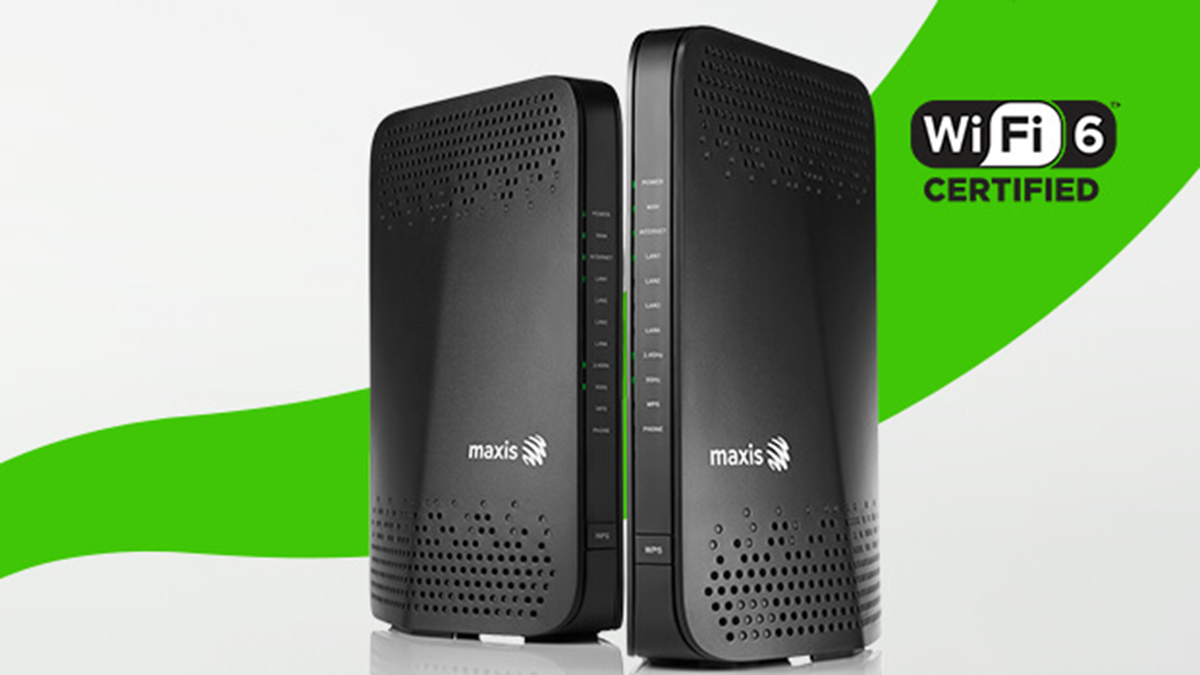ASUS has just taken the wraps off its ZenFone Max Pro M2, its livewire, gaming-focused mid-range device that takes on the likes of the Redmi Note 6, Realme 2 Pro and honor 8X. One of the hang-ups of the previous generation ZenFone Max Pro M1 though, was its weak cameras. ASUS’ new effort though, hopes to turn the tides, with a punchier camera system this time around.
Thanks to ASUS Malaysia, I’ve had the chance to play with an early review unit (from Indonesia) for a week or so. I thought it would be a good idea to give you a preliminary look at the new camera. Is it really better than the previous? Does it have what it takes to match up with its closest rivals?
Let’s take a minute to run through the specs.
The phone rocks a 6.3-inch FHD+ all-screen display with a minimal notch. Screen-to-body ratio is an impressive 90 percent and it boasts 94 percent NTSC colour gamut and 1500:1 contrast. It’s the world’s first smartphone to come with Gorilla Glass protection. So it’s built tough (yes, like Ford).
You’ll notice ASUS has moved away from the metal body of its predecessor. Aligned with today’s trend of shimmering glass backs with organic patterns, the ZenFone Max Pro M2 has a “glass” plastic body with a wave finish design.
It’s powered by the octa-core Snapdragon 660AIE processor and comes with up to 6GB of RAM and 64GB of storage. If you need more storage, feel free to slot in a microSD card (up to 2TB) in its triple slot card tray.
Known for its incredible battery life, the latest Max Pro device does not disappoint with its massive 5,000mAh battery.
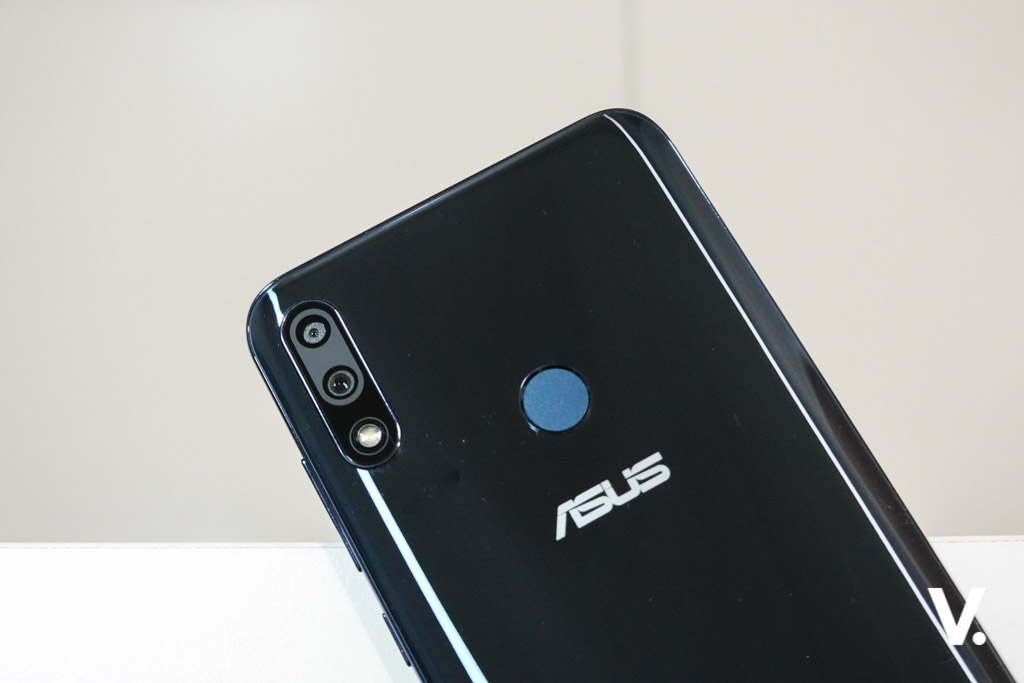 Now, to the focus of this article – the cameras. On the rear, you’ll find a 12MP f/1.8 + 5MP f/2.4 dual-camera system based on the Sony IMX486 sensor. It boasts bigger 1.25 micron pixels and PDAF which ASUS says focuses in just 0.03s.
Now, to the focus of this article – the cameras. On the rear, you’ll find a 12MP f/1.8 + 5MP f/2.4 dual-camera system based on the Sony IMX486 sensor. It boasts bigger 1.25 micron pixels and PDAF which ASUS says focuses in just 0.03s.
It can shoot 4K video and has electronic image stabilisation (1080p @ 30fps).
The main camera comes with AI Scene detection, so it’s smart enough to optimise settings depending on environment and lighting conditions.
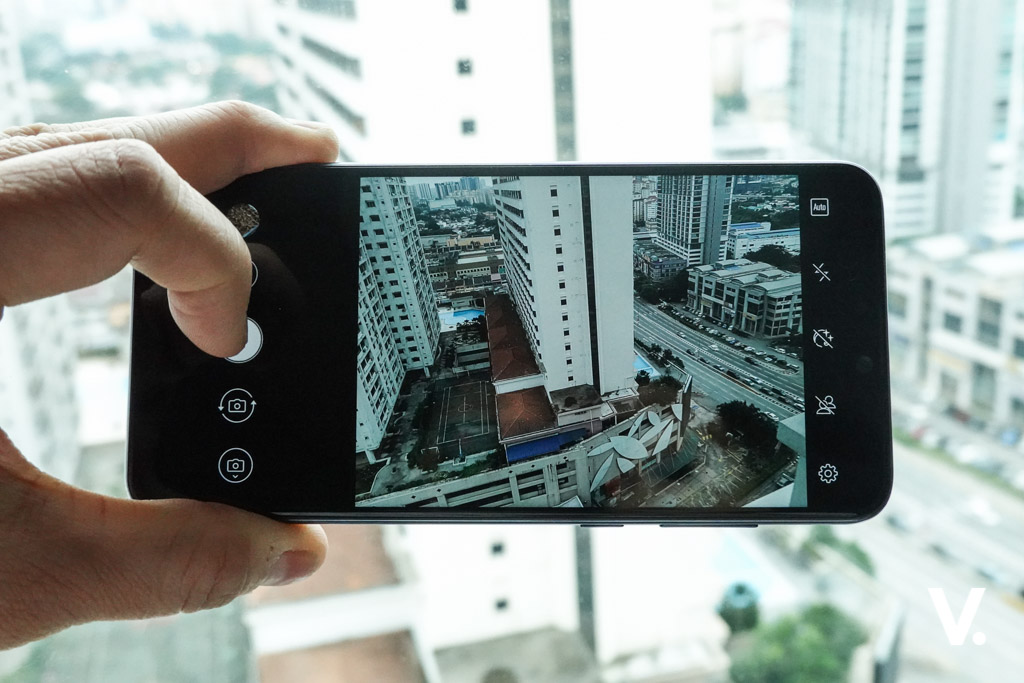 Off the bat, autofocus is pretty snappy and in good lighting conditions, the ZenFone Max Pro M2 will deliver some good images. It’s a shame that HDR mode is hidden in the side menu. It would have been better to be more accessible, or better still Auto-HDR.
Off the bat, autofocus is pretty snappy and in good lighting conditions, the ZenFone Max Pro M2 will deliver some good images. It’s a shame that HDR mode is hidden in the side menu. It would have been better to be more accessible, or better still Auto-HDR.
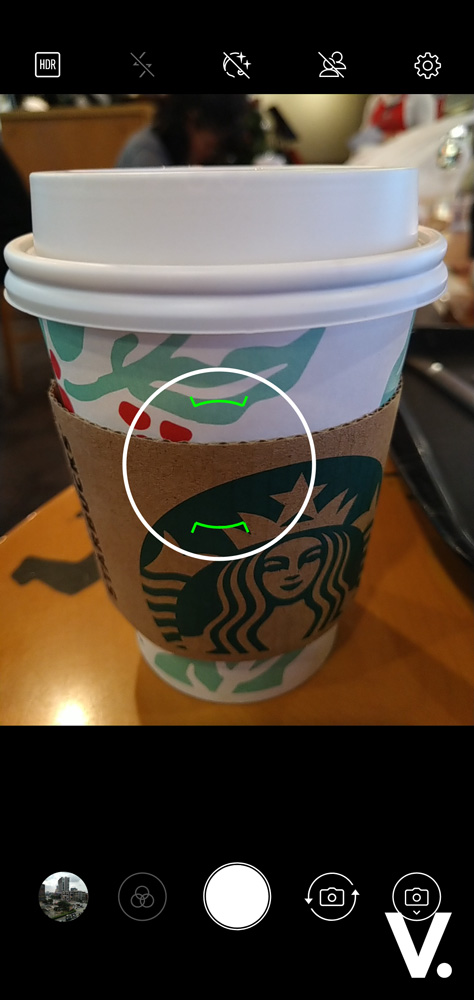 The camera UI itself is simple and familiar.
The camera UI itself is simple and familiar.
But is it better than its predecessor? Based on first impressions, yes, and the camera experience is improved as well, especially in terms of autofocus. Ultimately, it’s the results that matter. I let you be the judge for now. If you want to compare it with the ZenFone Max Pro M1, have a look here. (Note: This is the lower spec 3GB RAM + 32GB storage model with a 13MP f/2.2 + 5MP f/2.4 dual-camera setup)
Here are some sample shots taken from the ZenFone Max Pro M2. All photos are straight from camera, unedited, aside from being watermarked.
Look out for my first impressions in the next post. Learn more about the ASUS ZenFone Max Pro M2.
[nextpage title=”Gallery”]





















